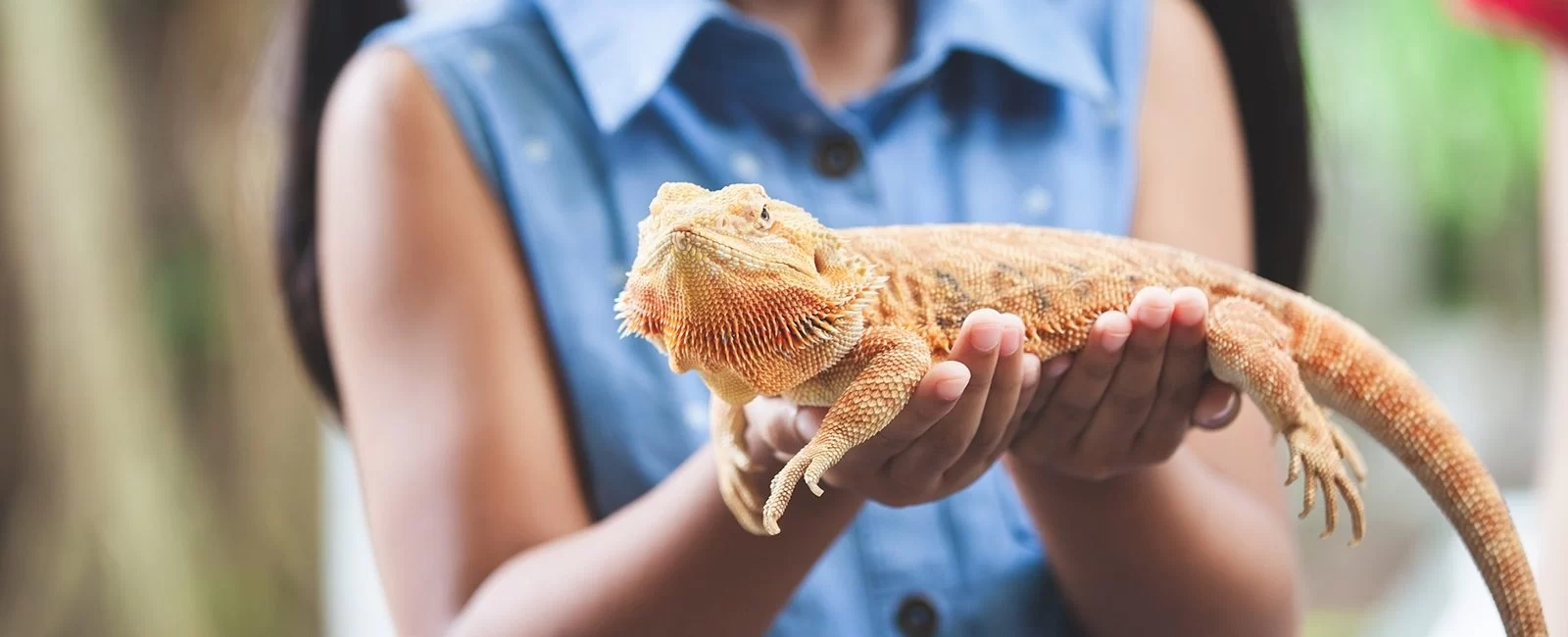Essential Pet Care Tips for Exotic Reptiles
- Creating the Perfect Habitat for Your Reptile
- Feeding Your Exotic Reptile: What You Need to Know
- Health Care for Exotic Reptiles: Key Considerations
- Handling and Enrichment for Your Reptile
1. Creating the Perfect Habitat for Your Reptile
When it comes to caring for exotic reptiles, the most important step is creating the ideal habitat for them. Reptiles, especially exotic ones, have specific needs in terms of temperature, humidity, and space. For instance, a bearded dragon requires a basking area with temperatures between 95°F and 100°F during the day and cooler zones at night. A proper habitat also ensures they can hide and climb, mimicking their natural environment. Use a combination of UVB lighting and heat lamps to create the right balance for their well-being.
For an iguana or chameleon, providing ample vertical space and incorporating plants can help them feel secure and thrive. Always research the species-specific habitat needs to ensure your reptile is comfortable, as improper environments can lead to stress or health issues.
2. Feeding Your Exotic Reptile: What You Need to Know
Feeding your exotic reptile the right diet is crucial for maintaining its health. Each species has unique dietary requirements, which should be considered when choosing food. For example, a leopard gecko primarily eats insects, while a green iguana is herbivorous. It's important to offer a variety of foods that are nutritionally balanced. Ensure that insects are gut-loaded, and leafy greens are fresh and pesticide-free.
One common mistake new reptile owners make is overfeeding or underfeeding. Always monitor the amount of food you provide based on your reptile's age, size, and species. Too much food can lead to obesity, while too little can cause malnutrition. Supplements, such as calcium and vitamin D3, should be given regularly to support bone health, especially for reptiles that don't receive enough natural sunlight.
3. Health Care for Exotic Reptiles: Key Considerations
Just like any other pet, exotic reptiles require regular health care. A common issue among reptiles is metabolic bone disease, which often results from calcium deficiencies. Regular check-ups with a veterinarian who specializes in reptiles are essential to ensure that your pet stays healthy.
Be mindful of signs of illness in your reptile, such as loss of appetite, lethargy, or unusual behavior. These can be signs of underlying health problems that need immediate attention. Reptiles are masters of hiding illness, so any change in behavior should not be ignored. Keeping your reptile's habitat clean and ensuring they have access to clean water is also vital for their overall health.
4. Handling and Enrichment for Your Reptile
Handling your exotic reptile should be done with care and respect for their comfort. Start slowly, and don't force your reptile to interact if it shows signs of stress. Gentle handling, especially for species like turtles or snakes, can help form a bond with your pet. However, always be aware of your reptile's tolerance levels.
Reptile enrichment is another crucial aspect of their care. Just like any pet, reptiles need mental stimulation. Provide climbing structures, hiding spots, and interactive items that encourage natural behaviors. This will not only improve their quality of life but also reduce stress and anxiety.
Case in point, when I adopted my first bearded dragon, I noticed that after adding more climbing branches and plants to his enclosure, his activity levels increased, and he appeared much happier. It’s the little things that can make a big difference!
If you're looking for expert help and more detailed advice on exotic reptile care, Hidden Brook Veterinary offers professional consultations and services tailored to your pet's specific needs. For more information, visit Hidden Brook Veterinary.
Ready to take the next step in caring for your exotic reptile? Understanding the needs of your pet can make all the difference in ensuring they live a healthy and happy life. Explore our range of reptile care products today, designed to support your reptile’s habitat, feeding, and health needs.










